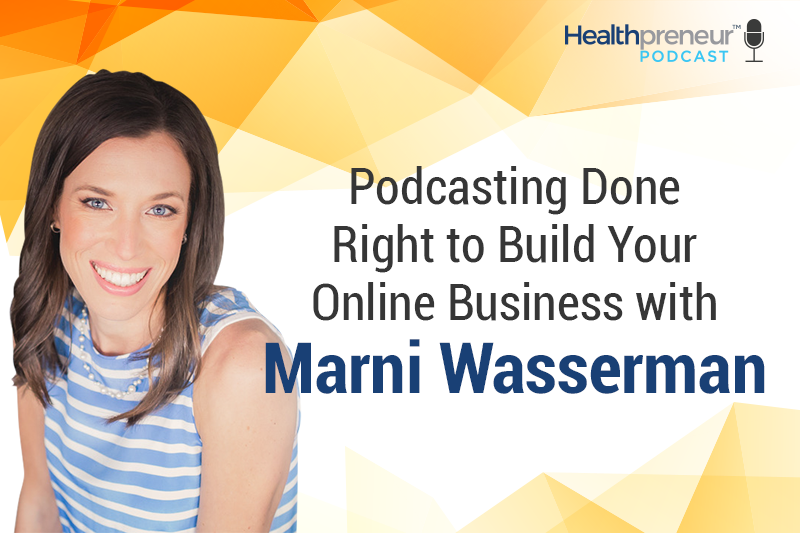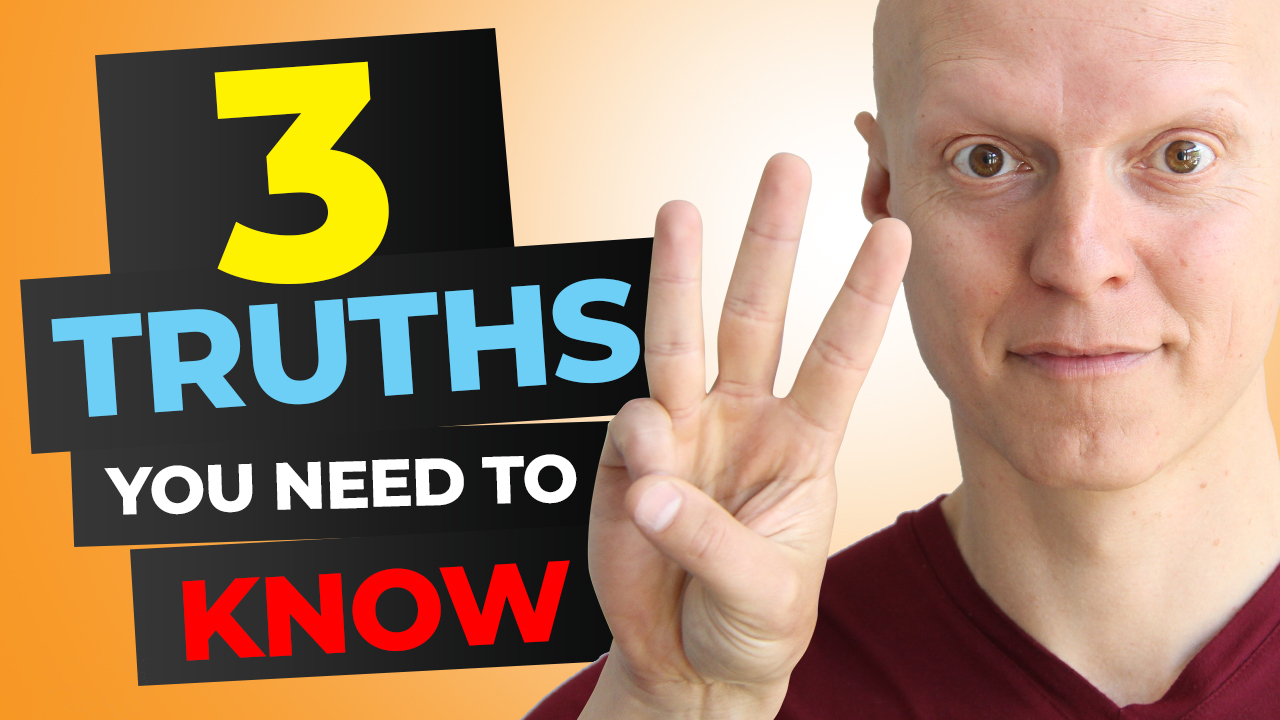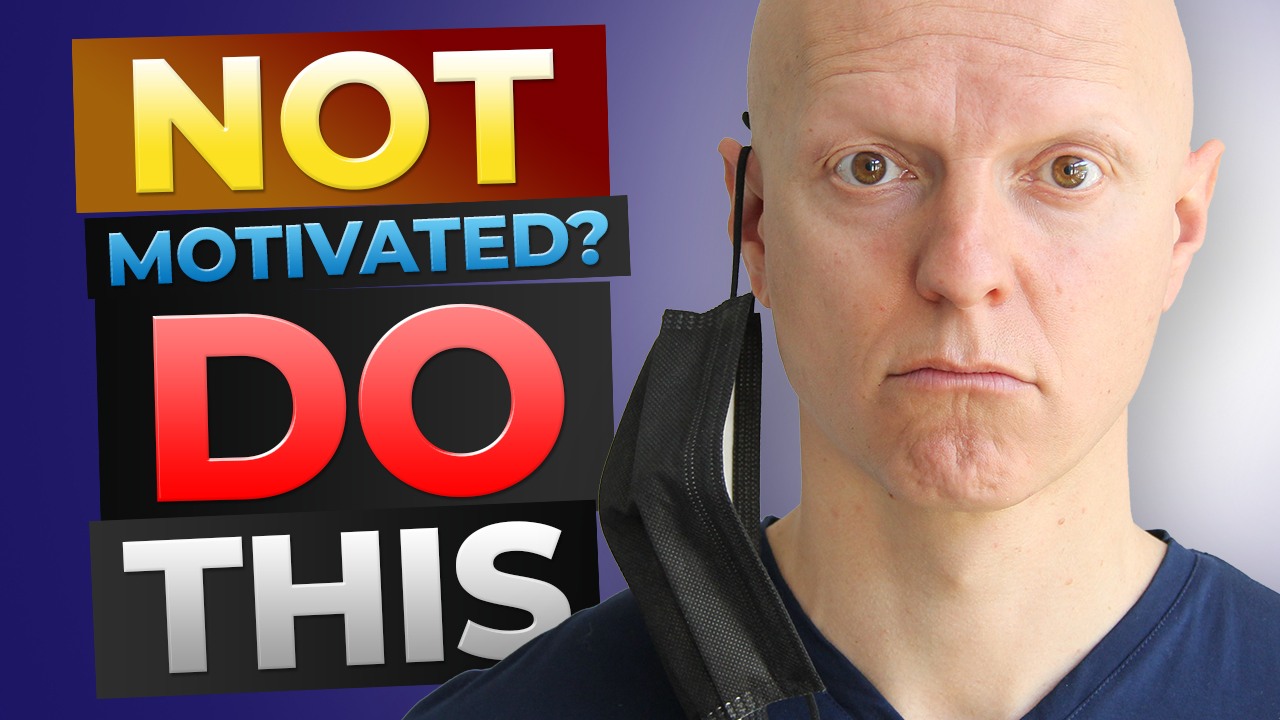How To Attract the Right Coaching Clients
Is selling coaching the same as selling a car or selling a product or selling a supplement? No, the answer’s no, and I want to share with you why that is.
Now first and foremost, if you’re a coach, you know that there’s nothing more frustrating than working with the wrong clients, right? You don’t want to just enroll anybody because number one. Your time’s involved. Number two, you need to make sure there’s a good mutual fit with that client and if that client is not a good fit based on the work you want them to do or they’re not committed to the process, it’s not going to be good for them, it’s not going to be good for you, right?
Be Clear About Who You Serve
So, we really want to make sure that we are attracting the right people in the first place, because what we do, what we’re very clear about who we can serve, who we want to serve and what our criteria is, we end up working with great clients who get great results. It looks good for them, it looks good for you and it becomes a whole lot easier to attract and enroll new clients in the future.
But one of the challenges is in the marketing space, there is a lot of the advice that is not applicable to coaching. Let me use an example of urgency and scarcity.
How A Coaching Relationship Is Different
If you are selling products, right? E-books, courses, supplements, a lot of the advice online, that you’ve seen has been, “Hey, value stack, bonus stack, throw in a ton of extra stuff with the purchase and then give someone a discount for buying right now.” Now that’s fine if you’re giving someone a product and you’re never really involved in that process, and again that’s a philosophical decision even if you want to do that. But in a coaching relationship, it’s very different. The way you overcome objection is the way that you present your offer is not so much about, “Hey, please take my stuff. I’ll give you a discount.” It’s almost the opposite.
I want you to think of yourself as a judge on American Idol and your goal is not to tell and impress. Your goal as a coach is not to tell and impress and just try to do whatever you can to enroll the clients. It’s really about ask and assess. See the client should be selling you on why they should be working with you.
If You’re Explaining, You’re Losing
Now, obviously you have to provide value. You have to show your program or solution is ten or 100 times more valuable than what you’re asking in terms of an investment but the client has to sell you on why you should hire them. So, for instance, one of the common objections that a lot of coaches come up against is, “Hey, this is too expensive. Or I need to see more proof.”
And one of the ways we deal with this is, “Listen, I can send a thousand testimonials, but the reality is that these testimonials have no baring on your outcomes, on your results, because would you agree that your results are your responsibility?” And if the person says, “No.” Well, they’re not a good fit for you, right? Now if the client says, “Yes.” Than great. Well, tell me why I should hire you as a client. And get them to sell you on why you should work with them.
See, these relationships and these interactions, it’s an interesting dynamic and you never want to be on the back foot explaining yourself.
And my book agent years ago told me something really, really great that still stuck in my head, and she said, “If you’re explaining, you’re losing.” And that’s why I say, “Do not tell and impress. Ask and assess.” Your auditioning your perspective clients and you need to be very clear about what your criteria is for a great client.
Attracting The Right Clients
So, I want you to think of two things. Number one, what must your client have in terms of traits, characteristics, etc. I want you to make a list of three to five things. These are the non-negotiables. These are the must haves. And second is must not haves. So, you have to have this, you have to be this type of person. And on the flip side is you must not have these things. You must not be this type of person. Now, once you’ve identified that criteria, your decision making no longer becomes emotional. Now, you have an objective criteria that is going to filter every single person you speak with. So, if they don’t meet one of the criteria in the must haves, well, great, they’re not a client.
So, it really takes a lot of the guess work out of who’s a right fit, who’s not. And the nice thing is that when you clarify who you want to work with, who you don’t want to work with, you embed that in all your messaging. So, then your marketing becomes a lot more polarizing and it attracts the right people. It repels the wrong people and as a result you’re going to get much better clients coming into your worlds and working with people that you enjoy spending time with, you enjoy working with and are going to do the work and get great results.
That’s what I wanted to share with you today. Again, selling coaching is not the same as selling a product, because it’s your time, it’s your energy, it’s your investments. There’s a 50/50 relationship, right? So, you got to be making sure the client is selling you on why you should hire them as well.
If you found this helpful, let me know in the comments below and I’ll talk to you soon.
If you enjoyed this episode, head on over to iTunes and subscribe to Healthpreneur™ Podcast if you haven’t done so already.
While you’re there, leave a rating and review. It really helps us out to reach more people because that is what we’re here to do.
Related posts
April 6, 2018
Podcasting Done Right to Build Your Online Business with Marni Wasserman
Today, I am chatting with…
July 26, 2021
Starting an Online Health Coaching Business (3 Truths You Need to Know)
If you’re a health coach, and…





